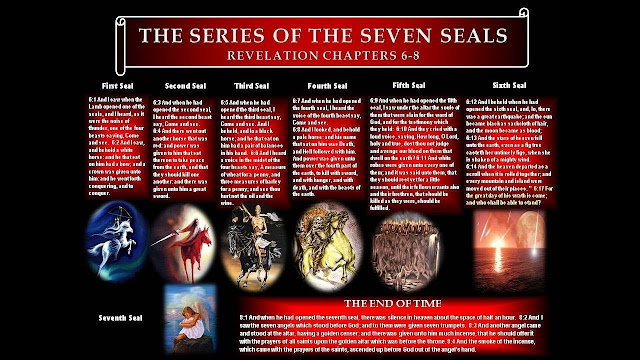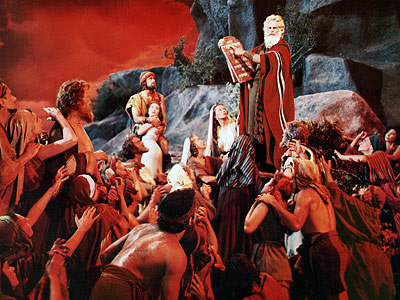WE ARE REALLY IN "THE END TIMES"
Preparing for the End Times The Bible clearly instructs us to be vigilant. But it also teaches
that no one can say for certain that we are living in the “end times.”
This is at best a debatable proposition. Jesus Himself repeatedly said
that no one knows or can know the day or hour of His return
(Matthew 24:36; Mark 13:32; Acts 1:7). To be sure, we are surrounded by
events and developments that could be interpreted as signs of
the end. On every hand we see famines, earthquakes, disasters, troubles,
persecutions, wars and rumors of wars (Mark 13:7-9). But has there ever
been a period in the history of the world when this was not the case?
Can you imagine what it was like to be a believer in Rome under the
emperor Caligula, or Nero, or Domitian? To face the arena, the stake, or
the lion’s den for your faith? What do you suppose Christians were
thinking when the legions captured Jerusalem and destroyed the Temple in
A.D. 70? Or when Attila overran Europe in the 5th century, the Vikings
in the 9th, Genghis Khan in the 13th, or the Muslim Turks in the 16th?
Might anyone have concluded that the end was near when the Black Death
decimated Christendom, wiping out entire towns and claiming more than 25
million lives between 1347 and 1352? How did the situation look to
believers at the beginning of the last century, when the so-called Great
War destroyed the flower of an entire generation (37 million
casualties)? Or a few decades later, when the shadow of Hitler and the
Third Reich was rising over Germany and Eastern Europe? Clearly, the
early 21st century has no monopoly on death, disaster, devastation, and
terror. You don’t need to know a great deal about history to realize
this.
But let’s assume for a moment that these are the end times.
What then? How should a Christian respond? Fortunately, the apostle
Peter gives us a straightforward answer to this question. Writing
specifically with reference to the end of the age, when “the heavens
will pass away with a great noise, and the elements will melt with
fervent heat, [and] both the earth and the works that are in it will be
burned up,” Peter does not suggest that believers head for the
hills, adopt a “fortress mentality,” and start stockpiling food and
weapons. Instead, he asks, “Since all these things will be dissolved,
what manner of persons ought you to be in holy conduct and godliness,
looking for and hastening the coming of the day of God, because of
which the heavens will be dissolved, being on fire, and the elements
will melt with fervent heat?” (II Peter 3:10-12). As Peter sees it, end-time Christians are called to do one thing: they
are to practice holiness and do good to others wherever and whenever
they can. They are supposed to work the works of God “while it is day”
(John 9:4). Paul seems to have been thinking the same way when he wrote
to the Galatians, “Therefore as we have opportunity, let us do good to
all, especially to those who are of the household of faith” (Galatians
6:10)
Preparing for Christ’s Return
When Christ Comes: The Beginning of the Very Best
Unveiling the End Times in Our Time: The Triumph of the Lamb in Revelation
Answers from Billy Graham on the End Times
-
SEVEN Signs Signalling the Second Coming of Christ
youtube.com
-
-
The Second Coming of Christ Trailer
-
The Second Coming of Jesus Christ
youtube.com
-
SEVEN Signs Signalling the Second Coming of Christyoutube.com
-
The Second Coming of Christ Trailer
-
The Second Coming of Jesus Christyoutube.com






